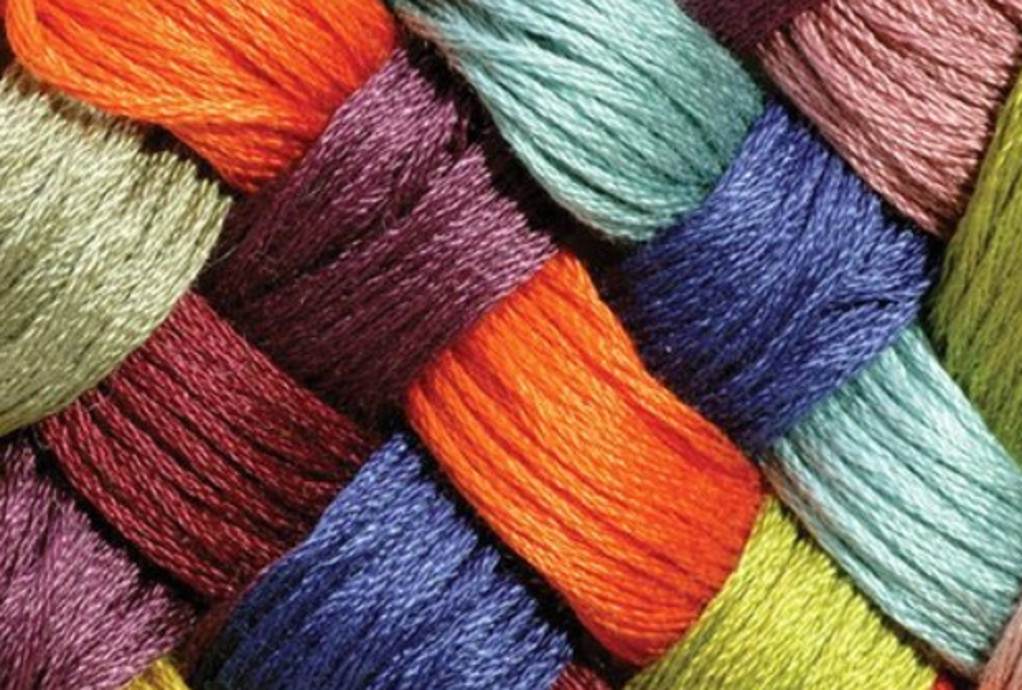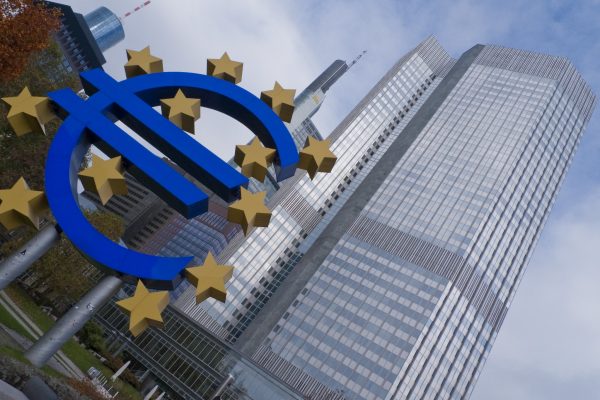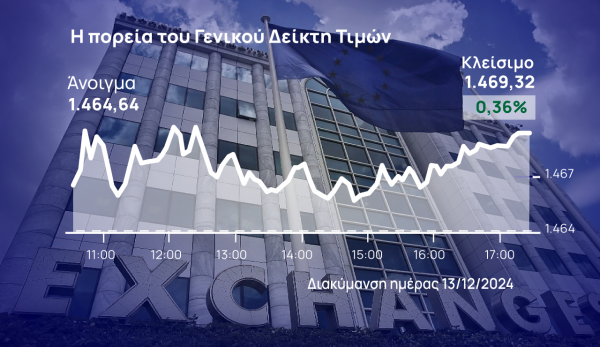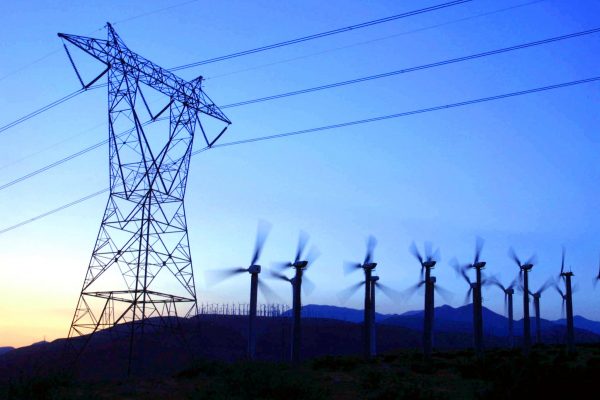
Significant recovery of the textile sector is observed during the nine months of 2021, according to the Association of Greek Textile Manufacturers (SEVK).
In particular, the industry is recording very good results and a positive growth course. According to ELSTAT data, the production index in the first nine months of 2021 showed an increase of 18%. Exports of all textile processing products increased by 11.9% compared to 0.1% in 2020. Exports of cotton yarn increased dramatically by 35%, while exports of cotton increased by 51.9%. Imports of raw materials and processed textiles increased by 6.7%.
“Based on the above, we believe that a new beginning of development and rebirth of this important industrial sector of the country begins, for the benefit of the economy,” said the president of SEVK, Eleftherios Kourtalis, during the meeting of the Board of Directors on November 23 2021. He added that in order to achieve this goal the government should help and eliminate the significant disincentives we have been experiencing in recent years, which are an obstacle to the development of the industry and which we point out as follows:
Energy price spike
1. The jump in the price of energy, which now enters the cost of the product by 50-60%, (with our country emerging as the most expensive electricity market in the EU), which makes us uncompetitive compared to its other European companies industry.
A constant demand of SEVK, for the last decade, for a predominantly energy-intensive sector, such as the textile industry, is to equate the price of electricity at medium voltage with the price of high voltage.
The BSEC notes that the privilege of the price of high voltage electricity is enjoyed by only 4-5 industries, while the textile sector has dozens of factories across the country, which in total the consumption of electricity far exceeds the consumption of the larger concerns.
Also, for as long as the crisis lasts, SEVK proposes, in order to reduce energy costs, to freeze the charges on networks, SGI (Utilities) & ETMEAR (Special Fee for Reduction of Gaseous Emissions), and not to pay the spacial consumption tax in electricity and natural gas for 2021.
In addition, the Greek textile industry has been excluded, across Europe, from the measure of compensating the cost of pollutants, which means that from the new year we will have this burden as well.
Credit suffocation
2. The credit crunch that plagues the industry and the lack of liquidity, has always been the main reason for the decline in production and a brake on its growth.
According to SEVK, in the current positive situation, the financing of the sector (which is mainly export-oriented) by banks with reduced interest rates, would help increase production and exports, because due to the doubling of market prices for raw materials, double working capital is required for industries. SEVK proposes that the banks increase the financing for the purchase of raw materials, with a partial guarantee from the state.
In the current context of strong demand for yarns and textiles from abroad and the upward trend in yarn & cotton prices, but also due to the trend in the EU to reduce its productive dependence on Asia, SEVK points out:
– The domestic textile industry can be sustainable and competitive, as long as the existing productive disincentives are removed
– There will always be demand in Europe for textile products from Greece (lower transport costs, response speed, higher quality).
– The Greek economy could significantly increase its GDP, if the industry manages to process, by itself, the cotton produced (protagonist in the positive course of the chain) with a full vertical phase of production and not just export it as raw material .
Latest News

Rhodes Airport Tops Fraport Greece’s Regional Airports in 2024 Performance
According to Fraport's data, more than 35 million passengers (specifically 35.2 million) were handled by Fraport-managed airports during the 11 months.

European Central Bank Cuts Interest Rates by 25 Basis Points
It is the fourth cut of interest rates by Europe’s central bank, a move expected by the markets and financial analysts leading to the rate settling at 3%.

Airbnb: New Measures Add €600 in Extra Costs for Property Owners
Property managers face an immediate administrative fine of 5,000 euros if access to the inspected property is denied or any of the specified requirements are not met.

Economist: Greece Included in the Best Performing Economies in 2024
Meanwhile, Northern European countries disappoint, with sluggish performances from the United Kingdom and Germany.

EasyJet Expands Its Routes from Athens
The airline’s two new routes will be to London Luton and Alicante and they will commence in summer 2025.

Capital Link Forum Highlights Greece’s Economic Resurgence; Honors BoG Gov Stournaras
Capital Link Hellenic Leadership Award recipient, Bank of Greece Gov. Yannis Stournaras, an ex-FinMin, was lauded for his pivotal role during Greece’s economic recovery

Tourist Spending in Greece Up by 14%, Visa Card Analysis Shows
Greece’s capital Athens emerged as the most popular destination, recording a 17% increase in transactions with Visa cards, surpassing even the cosmopolitan island of Mykonos.

Inflation in Greece Unchanged at 2.4% in Nov. 2024
The general consumer price index (CPI) posted a 0.4% decrease in November compared to the previous month

2024 Christmas Holidays: Extended Shop Hours Schedule
The 2024 Christmas Holidays extended shop hours schedule commences on Thursday, December 12 and runs until the end of the year.

ELSTAT: Seasonally Adjusted Unemployment Down in October
The number of employed individuals reached 4,284,694, an increase of 67,723 compared to October 2023 (+1.6%) and 22,002 compared to September 2024 (+0.5%).














![Fraport: Πάνω από 35 εκατ. επιβάτες στα αεροδρόμια το 11μηνο – Πτώση στη Μύκονο [πίνακας]](https://www.ot.gr/wp-content/uploads/2022/06/fraport-90x90.jpg)



























 Αριθμός Πιστοποίησης Μ.Η.Τ.232433
Αριθμός Πιστοποίησης Μ.Η.Τ.232433